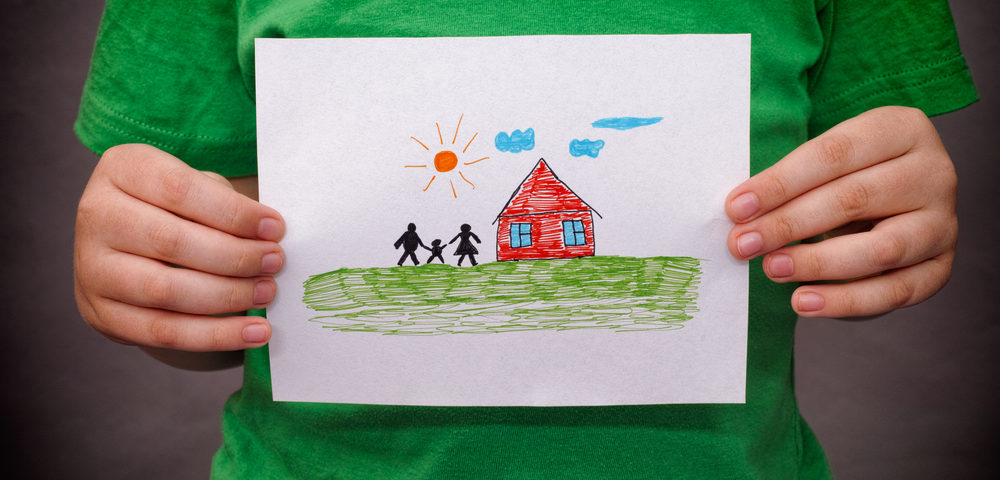
Building A Bridge Between Foster And Biological Parents
February 5, 2021
What Is Foster Care And Why Is It So Important?
March 19, 2021Let’s face it. Regardless of what your social media feed wants you to believe, there is no such thing as perfect parents or perfect kids. We all learn from our mistakes as we grow, and in life, that is to be expected. Still, arming yourself with knowledge can be helpful when it comes to any new situation. Here are some of the most common foster parenting missteps and helpful tips on how to avoid them.
Not Being Prepared To Deal With Biological Parents
Interacting and forming a relationship with biological parents is often an essential part of the fostering process, but it’s not always smooth sailing. Understand that navigating this territory can be tricky for even the most well-intentioned foster parents, especially in situations where a birth mother or father sees you as the enemy. Remember that the end goal of fostering, in many cases, is family reunification. While this may be a challenge, keeping the child’s best interest at heart is key to the process, even if that means dealing with a difficult family member. For helpful tips on building a bridge between foster and biological parents, click here.
Not Being Prepared For Difficult Behavior
How would you feel being ripped from your home and family as a child and placed with strangers? Know that foster children and teenagers have no control or fault in their situation, and being placed in foster care can be scary and traumatic. Know that there may be issues that will take time to overcome and can manifest in difficult behavior at first. While you cannot control if and when your foster child will act out, you can be prepared and choose how you respond to it. For tips on showing compassion when your foster child acts out, click here. For help with discipline and creating boundaries, click here.
Not Being Prepared When A Foster Child Leaves
Child Welfare Agencies, like Camelot Care Centers, strive to serve youth in foster care in hopes of reunification back to family. Sometimes, finding a “forever home” through guardianship or facilitating adoption can be the goal, but this is not always the case. When you become a foster parent, you need to be prepared for the possibility that things could change at a moment’s notice. While fostering a child in need is a selfless act, and being able to return to their biological parents is a foster care success story, it can be hard to say goodbye to a child or teenager that you have grown to love. For tips on how to cope when a foster child leaves, click here.
Every child needs and deserves to grow up safe and protected from abuse and neglect, and caring foster parents offer children support and stability when they need it most. At Camelot Care Centers, we specialize in higher-level foster care for children and adolescents that need extra support. We partner with our foster parents/homes to provide trauma informed care and additional services, including in-home counseling, parent support and training, tele-psychiatry, and therapeutic mentoring, to maintain children at the least restrictive, yet most appropriate level of care. Camelot Care Centers (“Camelot”) is a Child Welfare Agency.




